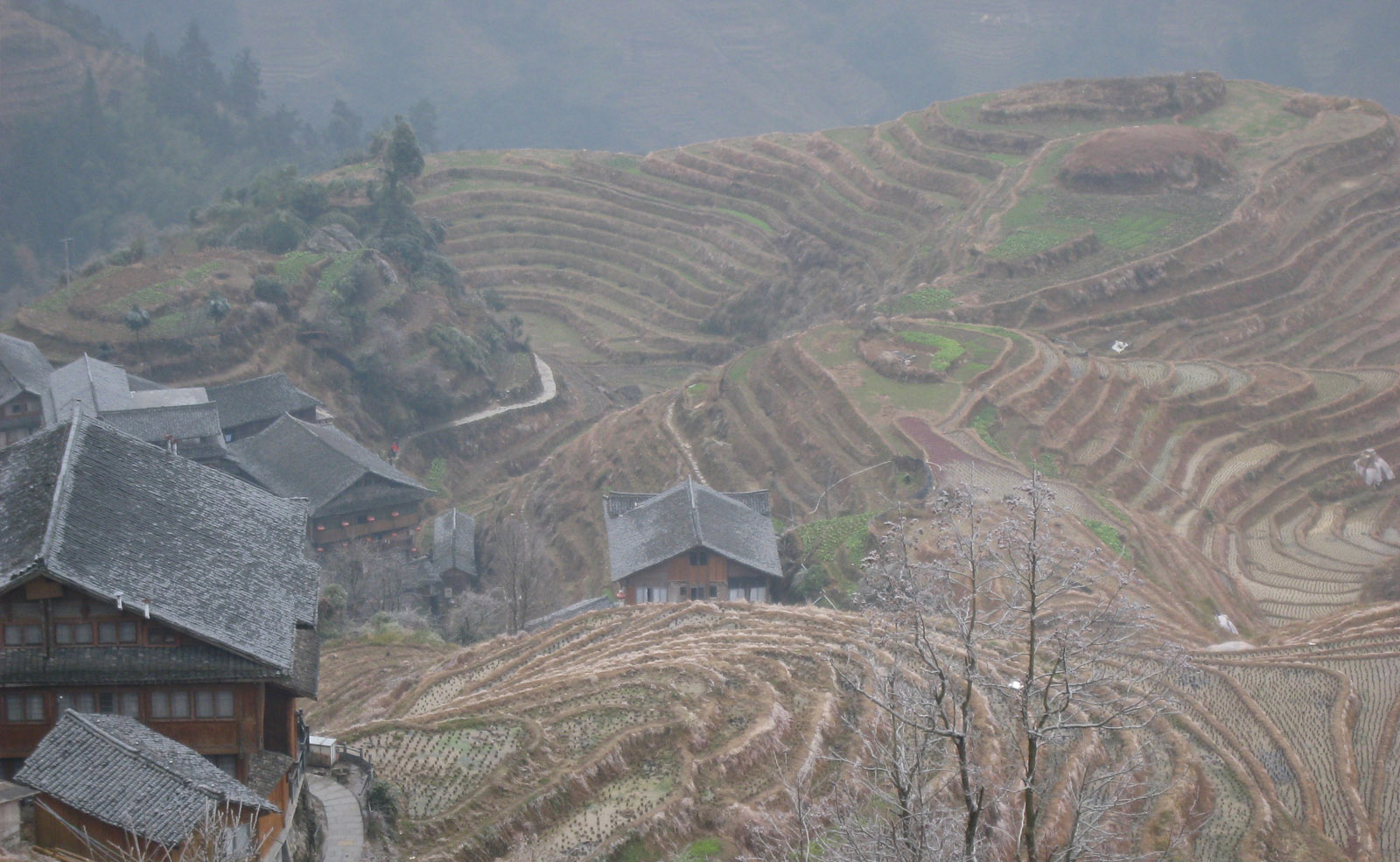The ‘Exploring Tonle Sap Futures’ project (2010-12/13) was one of the five localised case studies of the ‘Exploring Mekong Region Futures‘ project, led by The Commonwealth Scientific and Industrial Research Organisation (CSIRO) and funded by AusAID. The Final Workshop of the project was on 31.1.-1.2.2013. in Kampong Cham.
The Exploring Tonle Sap Futures study focused on Cambodia’s Tonle Sap Lake area. The study was implemented by a consortium consisting of Aalto University’s Water and Development Research Group, 100Gen Ltd., Hatfield Consultants Partnership and Institute of Technology of Cambodia, complemented with work by EIA Ltd. and VU University Amsterdam. The main partners of the Tonle Sap study are two key Cambodian governmental agencies, the Tonle Sap Authority (TSA) and the Supreme National Economic Council (SNEC).
Aalto University supported the project by providing additional funding for Aalto’s researchers through other funding sources, including Academy of Finland -funded project IWRM in large Asian river basins.
The Tonle Sap study looked -similarly to the entire regional project- the nexus between water, energy, food and climate change. Building on and extending our previous research in the area, the Tonle Sap study focused on the interactions between livelihoods and the Tonle Sap’s unique water resources as well as the impacts that energy production (hydropower) and climate change are likely to have on both of these. Majority of the Tonle Sap livelihoods are dependent on the lake’s aquatic environment, and any changes in the Tonle Sap’s water resources are therefore likely to influence the status of local livelihoods. Hydropower development in the Mekong River is considered to be among the key factors in any future development of the Tonle Sap region, largely due to the expected negative impacts that hydropower development would have for the Tonle Sap flood pulse and, in particular, the immense fish production of the lake.
The regional Mekong Futures project led by CSIRO conducted a series of alternative futures workshops at both regional and local scales, providing a systematic framework to reveal local development scenarios reflective of participants’ values, knowledge and future visions.
Active: 2010–2012/13
Researchers: Marko Keskinen, Matti Kummu, Aura Salmivaara
Project publications:
‘Exploring Tonle Sap Futures’ Final Report (30.8.2013)
‘Exploring Tonle Sap Futures’ Final Report in Khmer (11.1.2014)
‘Exploring Tonle Sap Futures’ Baseline Report
‘Exploring Tonle Sap Futures’ Policy Brief
‘Exploring Tonle Sap Futures’ Policy Brief in Khmer (Final Draft)
5th Tonle Sap Futures Workshop (blog post)
Related scientific articles:
Lauri, H., de Moel, H., Ward, P.J., Räsänen, T.A., Keskinen, M. and Kummu, M. 2012. Future changes in Mekong River hydrology: impact of climate change and reservoir operation on discharge. Hydrology and Earth System Sciences 16(12): 4603-4619. doi: 10.5194/hess-16-4603-2012 [pdf]
Salmivaara, A., Kummu, M., Varis, O., Keskinen, M. 2015. Socio-Economic Changes in Cambodia’s Tonle Sap Lake area: A Spatial Approach. Applied Spatial Analysis and Policy (2015). doi: 10.1007/s12061-015-9157-z.
Keskinen, M., Kummu, M., Paradis, S., Salmivaara, A. & Sokhem, P. (2015). Using Scenarios for Information Integration and Science-Policy Facilitation: Case from the Tonle Sap Lake, Cambodia, In: Hatakka, A. & Vehmas, J. (Ed.): Proceedings of the Conference Sustainable Futures in a Changing Climate, Helsinki, Finland. [pdf]
Keskinen, M., Someth, P., Salmivaara, A. & Kummu, M. 2015. Water-Energy-Food Nexus in a Transboundary River Basin: The Case of Tonle Sap Lake, Mekong River Basin, Water, 7(10), 5416-5436; doi: 10.3390/w7105416






